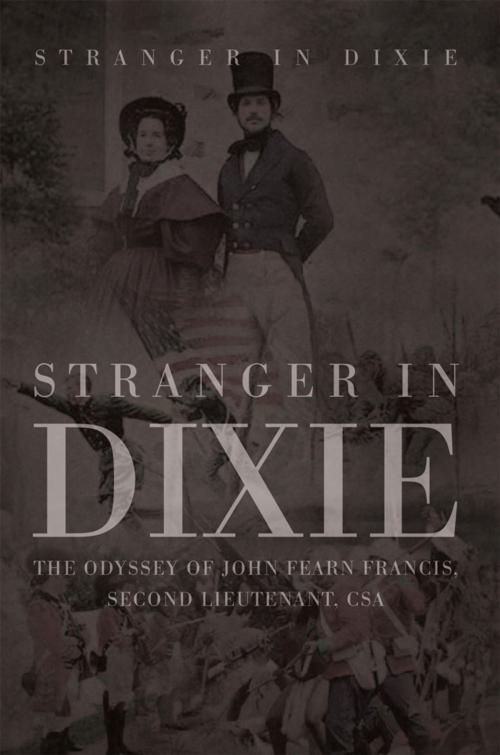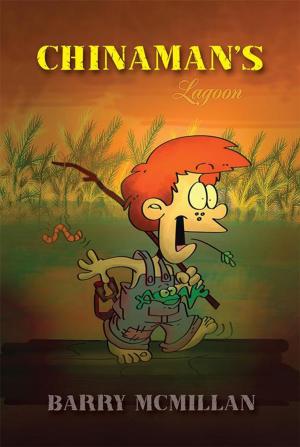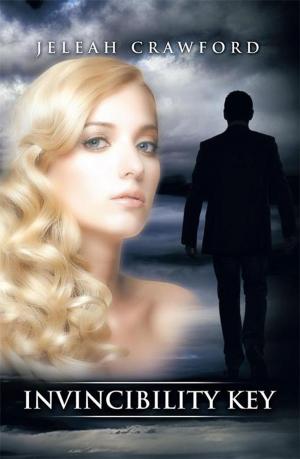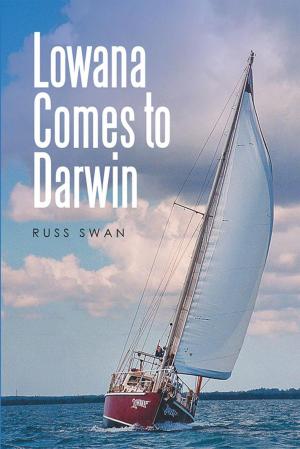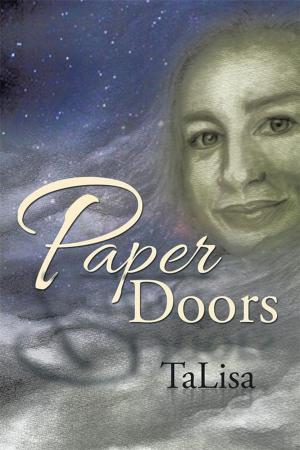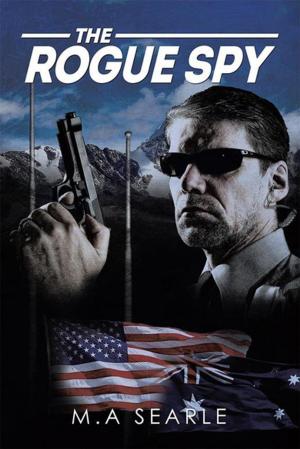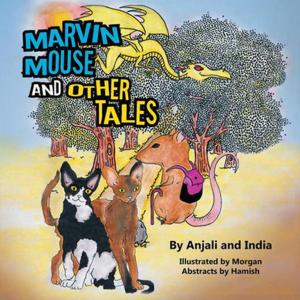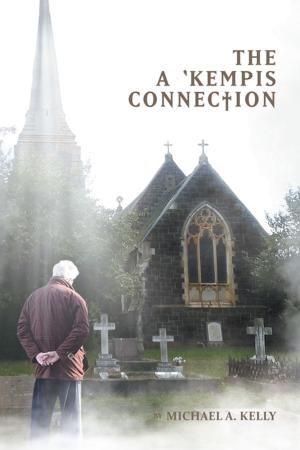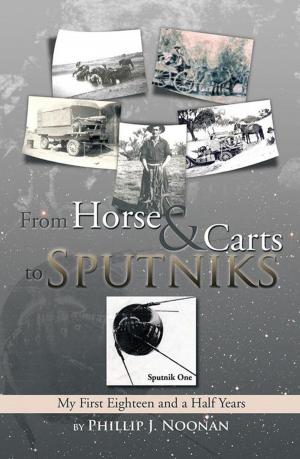Stranger in Dixie
The Odyssey of John Fearn Francis, Second Lieutenant, Csa
Fiction & Literature, Historical| Author: | James Fearn | ISBN: | 9781477116197 |
| Publisher: | Xlibris AU | Publication: | March 29, 2011 |
| Imprint: | Xlibris AU | Language: | English |
| Author: | James Fearn |
| ISBN: | 9781477116197 |
| Publisher: | Xlibris AU |
| Publication: | March 29, 2011 |
| Imprint: | Xlibris AU |
| Language: | English |
Stranger in Dixie gives a vivid account of the odyssey of a special man whose endeavours in three different countries in the nineteenth century demanded great courage and creativity. The novel explores several themes including the trauma experienced by the affluent when they fall on hard times, the motivating force of a desire for independence, the importance of encouragement, not criticism in the nurture of human maturity, and how fortune favours those who will have a go in the face of adversity. The novel is based upon the life of the authors own Great Grandfather. John Oxley, the son of an affluent English industrial family, had a highly developed social conscience with respect to the poor of the Yorkshire Midlands in the 1840s. His growing interest in left-wing British politics took him to a meeting of the evolving Chartist movement where he became involved in a melee with the local landowners. A poor Irish tenant-farmer had taken offence at the attitude of one of the English aristocracy who was trying to address the meeting. Its bastards loik you who profit from our ard work. Yer children go t bed with full bellies while ours cry with unger. An aggressive murmur of assent went up from the angry crowd. At this the landlord could contain himself no longer. His eyes blazed with fury, and the veins in his neck stood out in stark relief as he tried to take back the initiative. Its taken me years of hard work to get where I stand today, and Ill be damned if Ill stand by and watch it all crumble because of scum like you. Why did you and the rest of you Irish trash come to this country anyway? The gentry standing near him aired their approval of his sentiments with a restrained mumble of Here, here! England can do without you lazy, filthy Irish! he shouted with increasing heat. Go back to Hell where you came from! At this remark the meeting broke up in wild confusion. Most of the crowd were with the outspoken Irishman, and began to look menacingly toward the landlords who were clustering together for protection. Suddenly a well-dressed youth standing nearby, similarly incensed by the landlords callous barbs, sprang forward like a wild beast, forcefully pushing aside those in his way. You arrogant parasite! he yelled as he lunged at the unsuspecting freeholder.............The older man staggered back and landed on the muddy grass grasping his jaw. The hero of the moment was John Oxley, youngest son of Sir Richard and Lady Oxley, a prosperous middle-aged couple from midland city of Sheffield. Why did this youthful, affluent Yorkshireman subsequently travel to Australia to endure the torturous rigours of the Victorian goldfields, and later to the United States, only to be confronted by the terrors of the American Civil War. Do those influences, as Shakespeares Hamlet has put it, constitute the Divinity that shapes our ends, rough-hew them how we will? John Oxleys life was radically changed after his trial and conviction on contrived charges. So much so that, to minimise the disgrace to his family, he changed his name to John Francis. John stood there dumfounded, unable to comprehend the severity of his sentence - fifteen years. A wry smile passed momentarily across his face. The irony of the situation had not escaped him. Here he was, the son of a well-to-do British industrialist about to be sent as a convict to the other end of the earth following a poor Bog Irish girl who was a free settler. But the gravity of his position soon overwhelmed him as the Justice continued. John Francis, you will be taken to a prison hulk at Woolwich where you will be held until you are transported to Van Diemens Land. Take him down! The Magistrates words pierced Johns soul like an arrow, and his heart was suddenly heavy with loneliness. Love and politics were proving to be severe taskmasters. In an attempt to frustrate the developing friendship between John and Anna,
Stranger in Dixie gives a vivid account of the odyssey of a special man whose endeavours in three different countries in the nineteenth century demanded great courage and creativity. The novel explores several themes including the trauma experienced by the affluent when they fall on hard times, the motivating force of a desire for independence, the importance of encouragement, not criticism in the nurture of human maturity, and how fortune favours those who will have a go in the face of adversity. The novel is based upon the life of the authors own Great Grandfather. John Oxley, the son of an affluent English industrial family, had a highly developed social conscience with respect to the poor of the Yorkshire Midlands in the 1840s. His growing interest in left-wing British politics took him to a meeting of the evolving Chartist movement where he became involved in a melee with the local landowners. A poor Irish tenant-farmer had taken offence at the attitude of one of the English aristocracy who was trying to address the meeting. Its bastards loik you who profit from our ard work. Yer children go t bed with full bellies while ours cry with unger. An aggressive murmur of assent went up from the angry crowd. At this the landlord could contain himself no longer. His eyes blazed with fury, and the veins in his neck stood out in stark relief as he tried to take back the initiative. Its taken me years of hard work to get where I stand today, and Ill be damned if Ill stand by and watch it all crumble because of scum like you. Why did you and the rest of you Irish trash come to this country anyway? The gentry standing near him aired their approval of his sentiments with a restrained mumble of Here, here! England can do without you lazy, filthy Irish! he shouted with increasing heat. Go back to Hell where you came from! At this remark the meeting broke up in wild confusion. Most of the crowd were with the outspoken Irishman, and began to look menacingly toward the landlords who were clustering together for protection. Suddenly a well-dressed youth standing nearby, similarly incensed by the landlords callous barbs, sprang forward like a wild beast, forcefully pushing aside those in his way. You arrogant parasite! he yelled as he lunged at the unsuspecting freeholder.............The older man staggered back and landed on the muddy grass grasping his jaw. The hero of the moment was John Oxley, youngest son of Sir Richard and Lady Oxley, a prosperous middle-aged couple from midland city of Sheffield. Why did this youthful, affluent Yorkshireman subsequently travel to Australia to endure the torturous rigours of the Victorian goldfields, and later to the United States, only to be confronted by the terrors of the American Civil War. Do those influences, as Shakespeares Hamlet has put it, constitute the Divinity that shapes our ends, rough-hew them how we will? John Oxleys life was radically changed after his trial and conviction on contrived charges. So much so that, to minimise the disgrace to his family, he changed his name to John Francis. John stood there dumfounded, unable to comprehend the severity of his sentence - fifteen years. A wry smile passed momentarily across his face. The irony of the situation had not escaped him. Here he was, the son of a well-to-do British industrialist about to be sent as a convict to the other end of the earth following a poor Bog Irish girl who was a free settler. But the gravity of his position soon overwhelmed him as the Justice continued. John Francis, you will be taken to a prison hulk at Woolwich where you will be held until you are transported to Van Diemens Land. Take him down! The Magistrates words pierced Johns soul like an arrow, and his heart was suddenly heavy with loneliness. Love and politics were proving to be severe taskmasters. In an attempt to frustrate the developing friendship between John and Anna,
